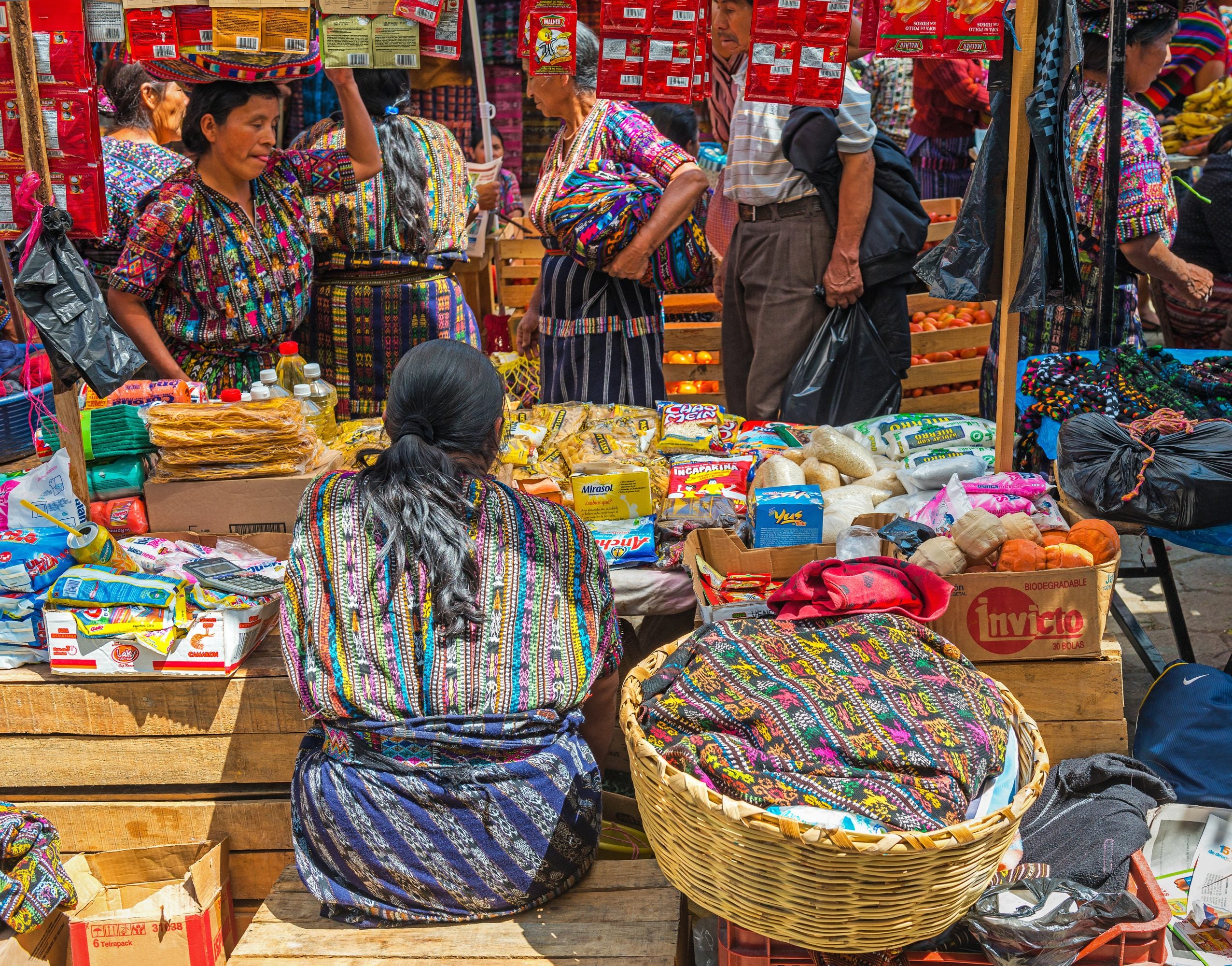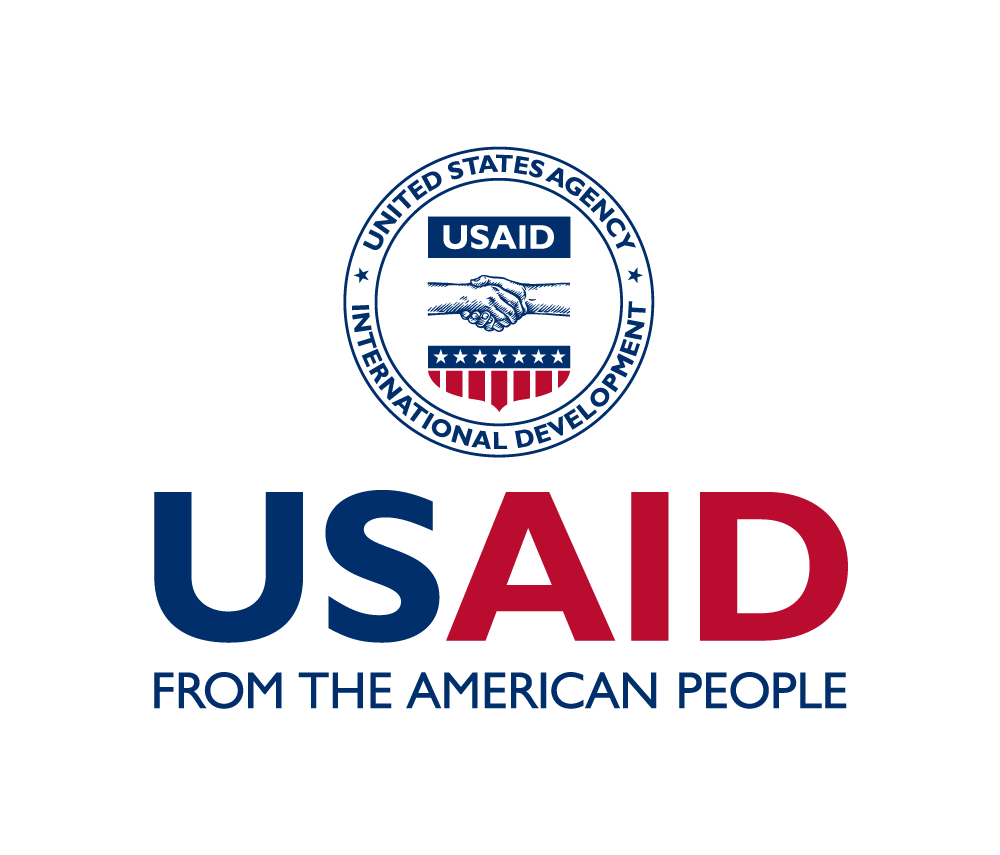
Strengthening the entrepreneurial ecosystem for SGBs in Guatemalan communities affected by migration.
About GEDI
Through the Guatemala Entrepreneurship Development Initiative (GEDI), ANDE will foster a more robust entrepreneurial ecosystem to bring economic prosperity to communities heavily affected by migration within Guatemala. GEDI will develop a coordinated set of expanded business support services available to entrepreneurs, particularly to businesses run by, employing, or serving the needs of women and indigenous people, rural communities, or youth. By helping ventures overcome challenges to access for business advisory services, incubation, or acceleration programs, and/or access to finance and markets, GEDI looks to build the entrepreneur support system so that ventures can increase their revenue, employment, and develop new goods and services that meet these community needs. This increased prosperity and diversified economic opportunity will increase the availability of local economic opportunities, helping people remain invested in their communities.
- Provide expanded businesses support services to at least 500 growth-oriented entrepreneurs.
- Facilitate at least USD $10 million of investment into beneficiary businesses during the initial three years, from 2021 to 2024.
- Coordinate deployment of at least USD $32 million in leveraged private sector resources, both grant and investment capital, to aligned programs and businesses.
ANDE’s Central America and Mexico chapter will expand its staffing in Guatemala to increase engagement among its members and other key stakeholders and design new activities to support organizations in understanding the intersection between SGB support and communities affected by migration.
ANDE will assemble a coalition of implementing partners through a collaborative process to execute core activities identified as needs and leverage the matching contributions of private sector partners.
ANDE will open two separate requests for proposals (RFP) processes to seek innovative solutions to ecosystem gaps as identified by local stakeholders.

